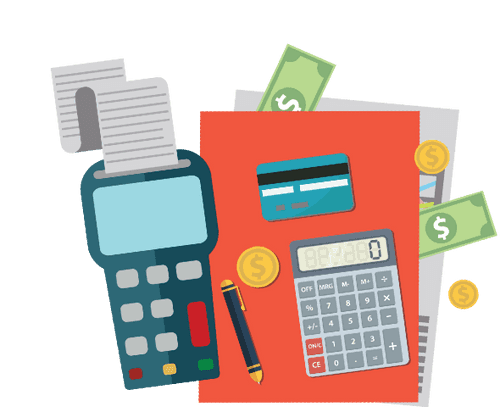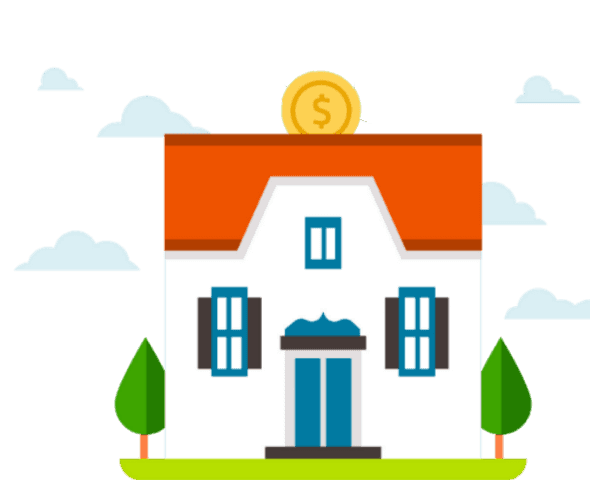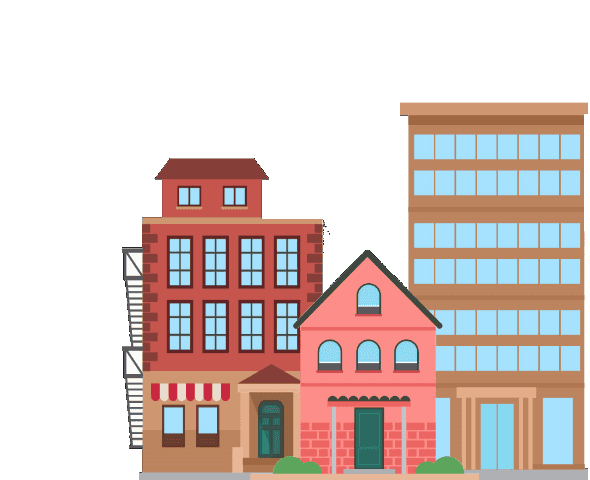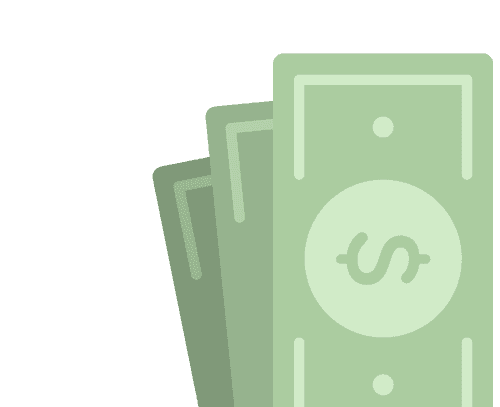It’s no secret that housing in Toronto is in short supply. In an effort to get a handle on this, the City of Toronto recently declared that it would be implementing an annual tax on vacant homes across the city – which is now in full effect. The Toronto Vacant Home Tax (VHT) now requires residential property owners to submit a declaration of their property’s status for the previous year.
The goal of the VHT is to increase supply of housing in Toronto by discouraging owners from leaving residential properties unoccupied. Homeowners who choose to keep their properties vacant will now be subject to this tax.
A VHT of 1% of the current value of your home (also formally known as a Current Value Assessment) will be imposed on all Toronto residences that are declared, deemed or determined vacant for more than six months during the previous year. For example, if your property is worth $1,257,000, you’re looking at a bill of $12,570 (1% x $1,257,000).The tax is based on the property’s occupancy status for the previous year. For example, if the home is vacant in 2022, the tax will become payable in 2023.
What will the tax accomplish?
A vacant home tax may be new for Toronto, but it has been used in other areas of Canada that have proven to drive positive results. Vancouver's 2017-enacted Empty Homes Tax (EHT) resulted in a considerable reduction in vacant residences, with 49% of those homes occupied between 2020 and 2021.
What is considered a vacant property?
A property is considered vacant if it is not used as the principal residence by the owner(s) or any permitted occupant(s), or was not occupied by tenants for a total of six months or more during the previous calendar year.
Who does the VHT apply to?
The City requires homeowners to declare the occupancy status of their home every year. This is the case regardless of whether you're a landlord or live in the home yourself. If you own a residential property, you need to declare annually.
While all homeowners are required to submit a declaration of occupancy status each year, the tax does not apply to:
- properties that are the principal residence of the owner
- properties that are the principal residence of a permitted occupant or tenant
- properties that qualify for an exemption
- properties left vacant due to the death of the owner
- if the principal resident being placed in long-term care
- any long-term renovation project that makes the property uninhabitable
Though the reporting period is annual, only homes that have spent at least six months of the previous calendar year are subject to the tax. So, if your home sat empty for even a day short of that time, you don’t have to pay tax.
How do you declare your occupancy status?
The City of Toronto has an online portal where homeowners can enter the 21-digit assessment roll number and customer number found on their tax bill or property tax account statement. There is also an option for homeowners to mail in their declaration form.
Note: The deadline to declare your occupancy status for 2022 was February 2, 2023.
What happens if you don't declare?
If you fail to hit the deadline to declare your occupancy status, your home may automatically be deemed vacant and subject to the tax. According to the tax bylaw, those who fail to declare their home's status or make a false declaration "may face a fine in the minimum amount of $250 and not to exceed the maximum amount of $10,000, for each offence."
While we have no way of knowing how this tax will impact the people of Toronto and Canadians in general, it’s one step in the right direction to increase housing supply, giving more options and opportunities to both new and existing buyers.
If you’re planning to buy or sell your home in the coming months, connect with our team of mortgage professionals and real estate agents to help you get started.









